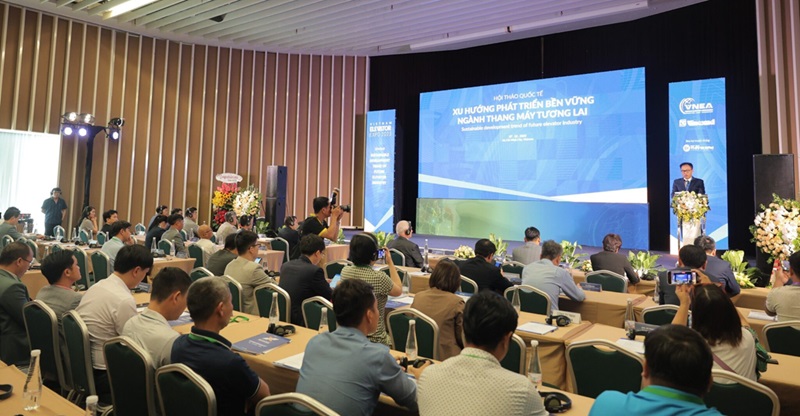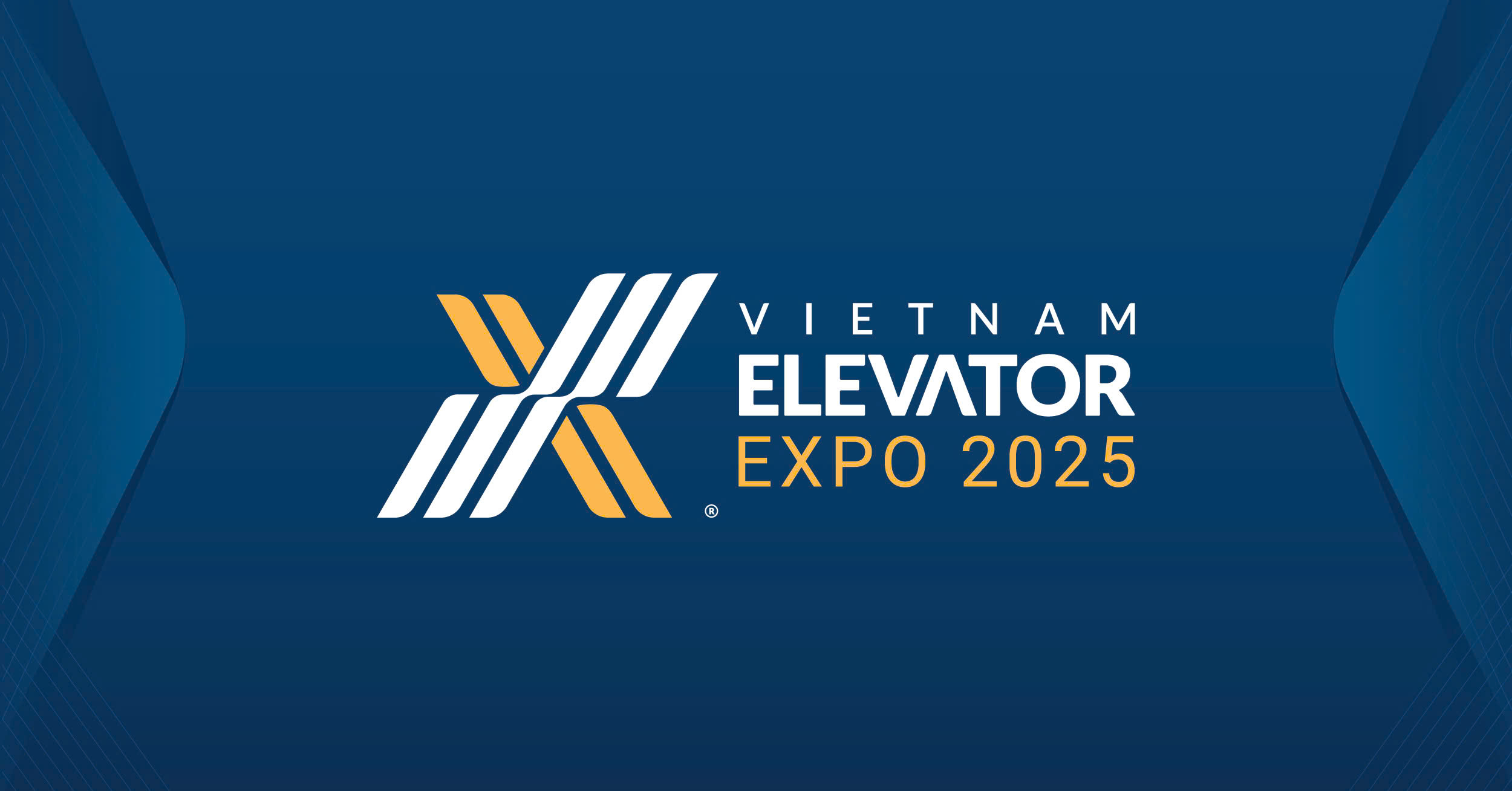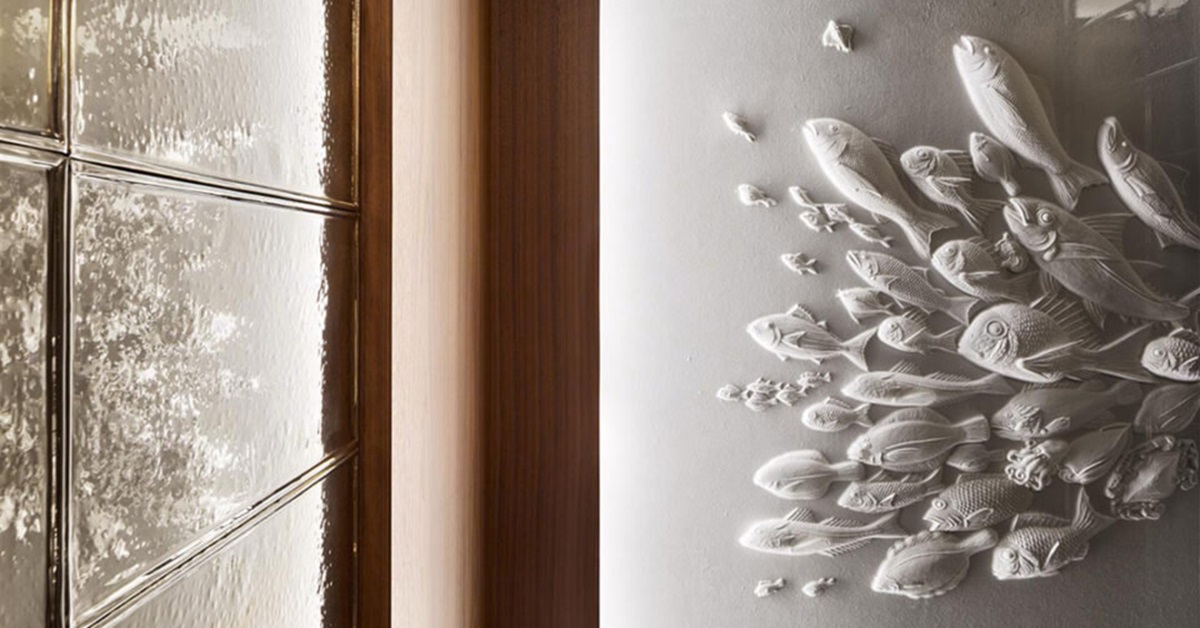EM – According to history, human knowledge is always moving and developing, new concepts are always expanded. There are things that may have been unthinkable 100 years ago, but today is an obvious fact. The definition of “slave” is probably starting to change as well.
New approach to independence
Independence is the imprescriptible right of a country or a people by the people living there. Independence can be understood as non-dependence from an individual, a group, a society, a nation, or people on another individual, group, society, nation, or people.
Accordingly, from time immemorial, when we were still riding horses or jogging, we only needed to fully protect our territory, we could understand it as independence.
When mankind invented ships, nations had to compete and divide sea lanes, sovereignty over each country’s waters is called territorial waters. Of course, no one cared about sovereignty over their heads until airplanes and rockets were born. The area that used to be “free”, no one cares, is divided by tense nations to create airspace. The concept of invasion or independence also gradually changed with the advent of warships and aircraft in the same way.
Back to the independence approach. Imagine, now that we are disconnected from the internet, embargoed, banned from importing petroleum, etc. Surely, everything will become chaotic and extremely terrible. Would people then love the hunter-gatherer or self-sufficient era more?
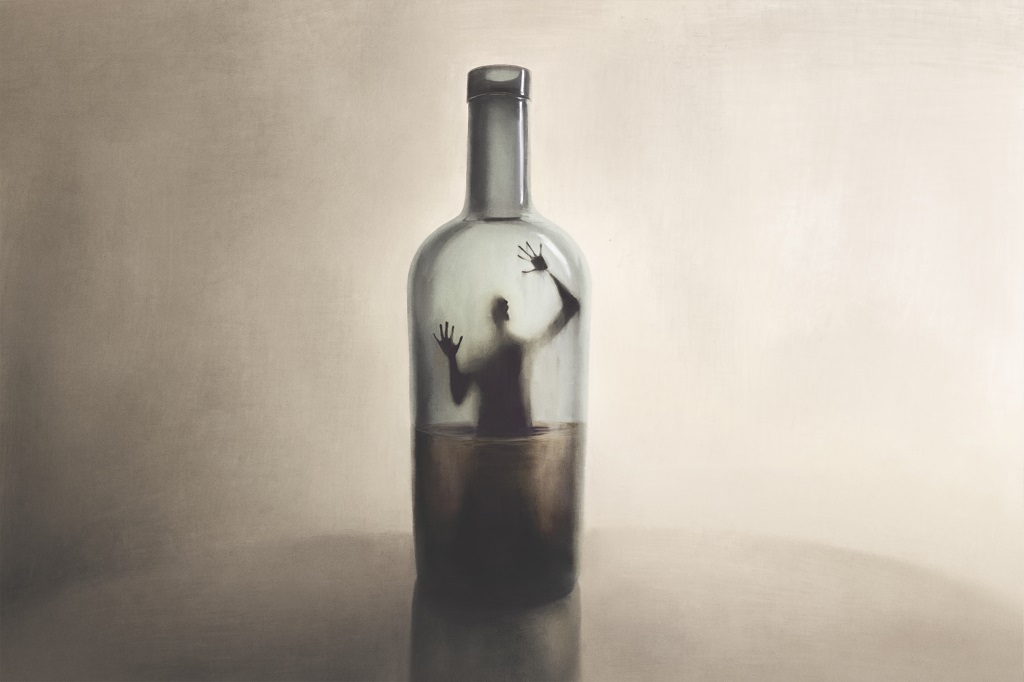
The shells of the new form of slavery were almost transparent. Are we willing to realize or not?
Free cheese and mousetrap
Nothing will be free. There is no such thing as a benefit without its conditions or downsides.
Let’s look back at some examples in the history of human development.
Before the agricultural revolution, people lived mainly on hunting and gathering. They seem to be very miserable, but on the contrary, they are very free, with a variety of food sources from fruits, vegetables, and animals in the wild. But then they discovered wheat and found suitable lands for farming. This seems to have helped people to be more abundant. However, scientists have realized that humans have depended on only one food source, wheat, and they could starve to death if the crop is lost. Or it was the gathering of villages to cultivate that unintentionally created good conditions for the disease to settle into clusters, causing many dangerous epidemics. This rarely happened in the past hunting, gathering and nomadic periods.
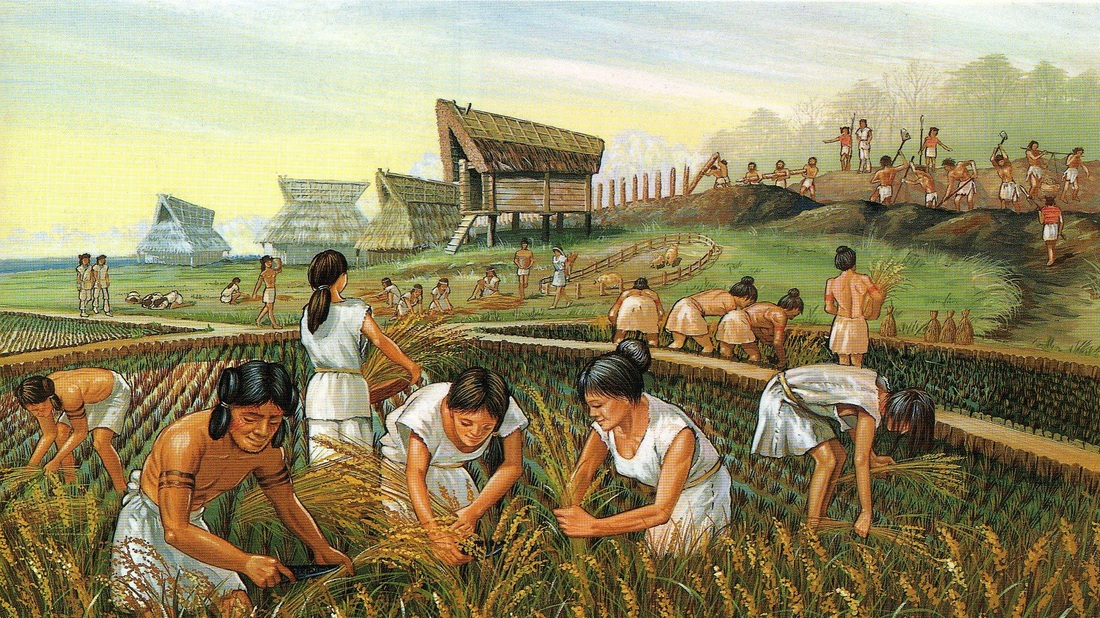
Are you sure that today’s “flat world” is superior to the subsistence life of the past?
Or a modern example. Medical equipment loaned to hospitals for free has become dependency traps. We are no strangers to that. In fact, about 98% of hospitals across the country use such devices. At that time, to operate, the machine must use proprietary chemicals of only one supplier. Therefore, even if the chemical supplier monopolizes the price, squeeze the price, or the leaders of the two sides have a negative agreement, the hospital still suffers because it cannot choose another type of chemical. And of course, the entire increase in costs will become a burden for the patient, with the health insurance fund. Both people, hospitals and the state have become dependent on pharmaceutical companies ever since.
Even the elevator industry is no exception. Humans used to be able to run and jump on places from sandy shores and hillsides to canyons and they were truly free to all heights. But what about today? They are happy to have an elevator but also depend on it. What if your house is on the 40th floor but the elevator breaks every time you come home from work? We are completely dependent on the elevator manufacturer. Suddenly the elevator breaks down and you have to spend your money to buy components at a non-negotiable price because the components are software coded creating a reasonable monopoly.
We think we have completely controlled nature, if it is hot, will we cool it down with air conditioners or fight against the wind and cold with modern and solid houses? All these modern amenities have released a lot of CO2 gas, destroying many green vegetation and destroying many animal ecosystems. And in fact, it has begun to see that the sturdy house is still not strong enough to withstand the terrible disasters caused by climate change.
Well, everything has its price. The problem is that we choose a price that is appropriate and worth the trade-off or must we rely on the laws of nature to survive with all things.
To wake up, let’s repeat the European adage: “Free cheese is only found in a mousetrap.”
Escape the trap or live with the trap?
The problem of integration but not dependence?
The trend of cooperation to specialize in the global business chain is inevitable. At that time, the capacity and advantages of each region and each country will be promoted to bring the highest efficiency to production and business. However, the downside of it is interdependence and what will happen if a link “failure” or let the situation of “monopoly” happen and the power concentrated in one country will be extremely dangerous to the ecosystem. So how to solve the problem of integration but not “dependence”?
Firstly, it is necessary to make the most of national competitive advantages and multilateral cooperation. Each country has its own geopolitical and geo-economic position that other countries do not have, which is the premise to find strengths and opportunities for countries and regions. On the contrary, it is followed by weaknesses and challenges that need to be clearly seen to overcome or avoid.
For example, Vietnam has Ha Long Bay with special beauty that is recognized as one of the seven natural wonders of the world – a distinct advantage. Therefore, we must find ways to develop increasingly different tourism infrastructure and products to promote this competitive advantage, not learn to “copy” from other countries and then be “hybridized” to lose the difference.
Second, each country and region has its own strengths. However, the life of that country cannot be lived on solely by strong products. Therefore, it is necessary to build a basic production foundation to ensure the stability of society’s activities, in addition, to maximize the core competencies that are the main source of income for the country to promote the capacity to compete.
For example: Dubai is a country of oil but people cannot drink or eat petroleum products instead of water and rice. Or Taiwan cannot use chips and electronic components to replace bread.
If they only rely on the core economy, when there is a crisis in the world, war, embargo, etc., the national economy will be in crisis. European countries are being blocked from importing oil from Russia as an example, or as recently, the textile industry that is dependent on supply from China is in crisis because of China’s Zero-COVID strategy.
Thus, in order to serve the national life, it is necessary to develop a number of basic essential industries that are always proactive in domestic life in parallel with spearhead economic development.
Thirdly, build a national culture that upholds the spirit of national self-respect, self-reliance.
Let’s look at Japan, we see a ruined country after World War 2. This is also a country poor in resources and suffers more natural disasters than any other country in the world. However, Japan has always nurtured the national spirit that the lineage of the Sun goddess must be the leading lineage. That creates a leading powerful Japan, a national spirit that any nation must admire and learn from.
We Vietnamese people, children of the dragon and immortal sages. Vietnam’s history spanning 4000 years has proved a truth: No bondage of slavery can make our nation bow!
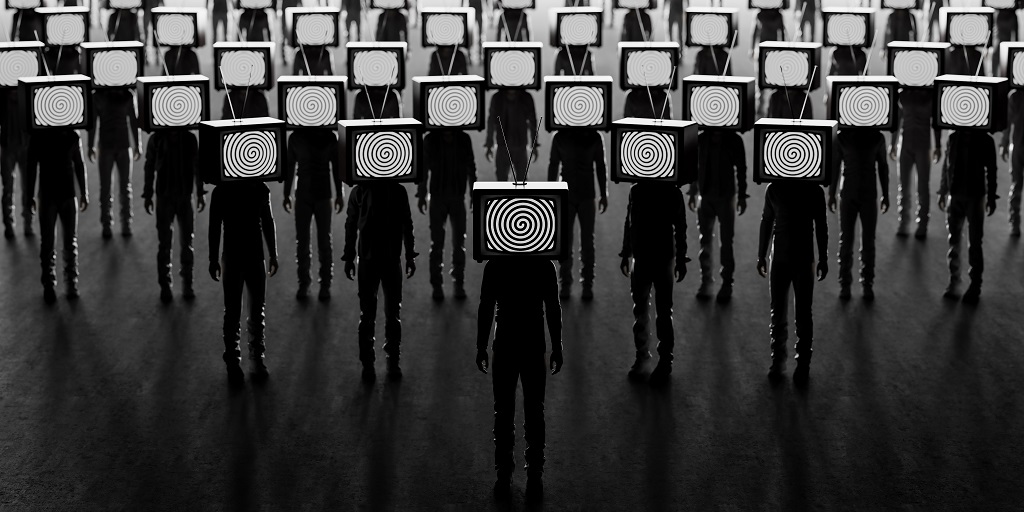
Don’t be “hypnotized and dependent”. It is the responsibility of each of us!
Situation and direction for the elevator industry
After the 2000s, the new elevator field developed strongly with many foreign enterprises attacking and dominating the Vietnamese market. From the public system to individual consumers, we gladly welcome such things because our country and people have the conditions to enjoy good products and services from developed countries. But it comes with “invisible nooses” that are gradually tightening on Vietnamese customers’ necks from time to time.
As soon as customers decide to buy products of some foreign elevator companies, customers are forced to use exclusive services of maintenance, repair and replacement of their components throughout the life of the product. The first few years, when the elevator was running smoothly, there would be no big problems for the customers. However, over time, the aging and the frequency of damage to equipment and components will gradually increase, no matter how good a imported elevator is, it will be “down”. Expenses for “proprietary drugs” will henceforth torment the wallet and even the elements that cannot be purchased with the customer’s money. Many apartments in Hanoi have to wait for authentic proprietary equipment to be imported for replacement while people have to climb dozens of floors a day.
The final issue that still needs to be seriously looked at is independence and self-control in the new era, to get rid of the “new slavery”. That must be the realization of appropriate policies to develop the domestic elevator industry from the main sector to the supporting industry. It is a policy mechanism that pays enough attention to bring the elevator industry into a conditional business. To promote the spirit of national pride, Vietnamese people give priority to using Vietnamese elevators,…
Instead of closing, let me quote Maria Montessori’s quote: “Little children, from the moment they are weaned, are making their way towards independence”.
So what about us?
An Tue
